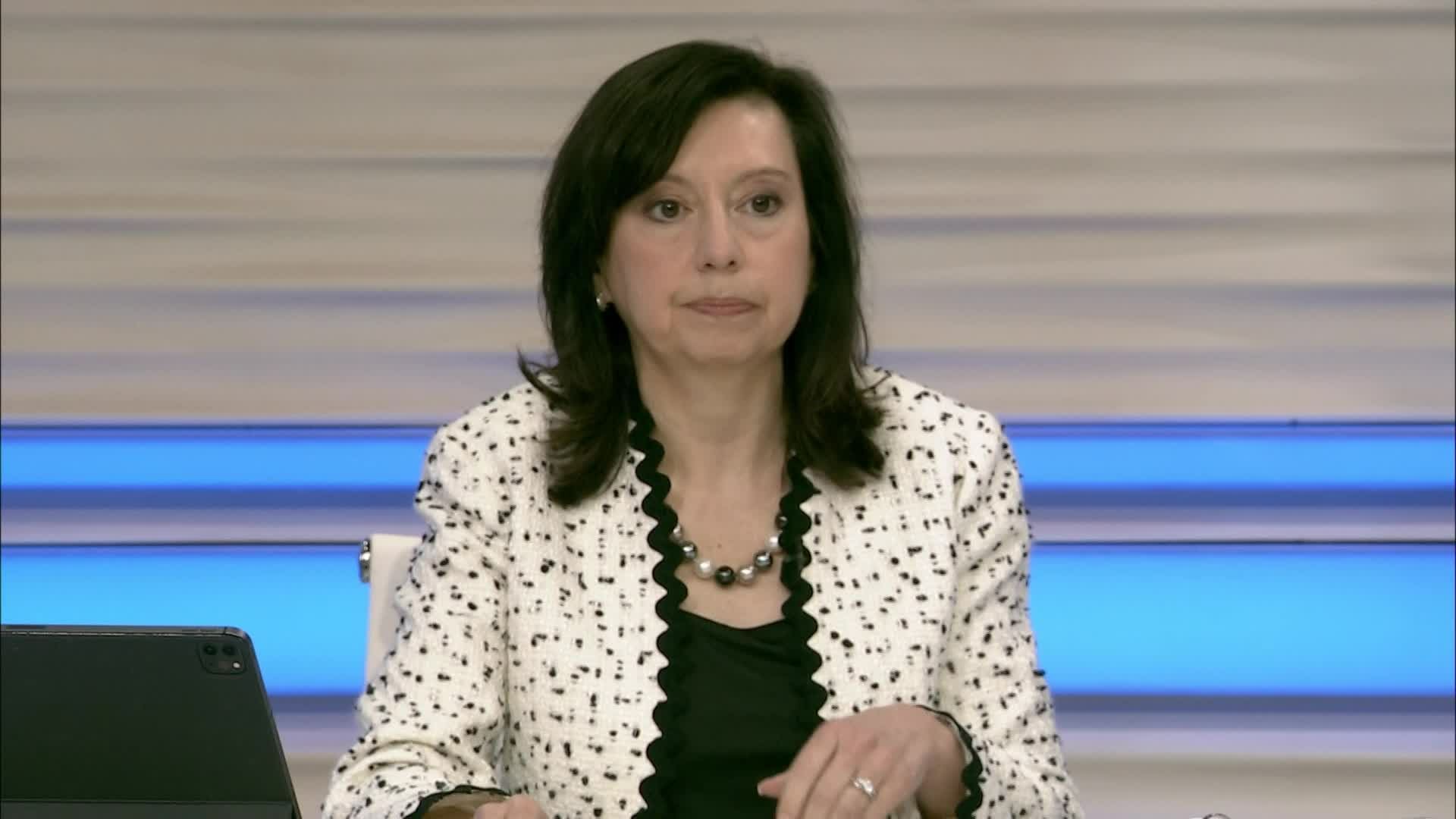The IMF praised the Ukrainian authorities for implementing anti-corruption measures in a new law, spokesperson Julie Kozack told reporters Thursday (March 7) in Washington, DC.
“On the corporate governance law, the approval of what we would consider a landmark corporate governance law is a very important step towards strengthening state owned enterprises (SOEs) in Ukraine,” said Kozack.
“The law enhances the role of supervisory boards and brings Ukrainian legislation closer to the standards of OECD countries, while respecting critical principles of public public financial management to also contain fiscal risks. Robust implementation of the law will be critical to improving SOE performance and forms the basis for further reforms in this area, such as developing SOE policy,” she added.
The IMF is assessing the impact of a deep drought on Zambia after that African country declared a national emergency.
“The drought will also have some fiscal implications because there will be a need, of course, to ensure that the vulnerable population of the country is supported through the shock and that that may increase financing needs. So that's the preliminary assessment,” said Kozack.
“We do anticipate that will have a short-term adverse impact on the economy, but we do not at this point. The team does not expect that the drought will have a persistent effect over the medium term. And for that reason, we expect that the impact on debt sustainability will be limited,” said Kozack, noting that IMF staff will be visiting the country soon.
In the US, concerns have been growing about the risks to banks over their holdings of commercial real estate. US Federal Reserve Chairman Jerome Powell testified to Congress that risks were ‘manageable’, while the Fund said the sectors players outlook ‘remain challenging.”
“We have noted that higher financing costs since the beginning of the monetary policy tightening cycle have resulted in rising losses on commercial real estate loans, along with, of course, pressures in the property market for this segment. Stricter lending standards by US banks have further restricted funding availability and the effects of the tightening of financial conditions on commercial property prices over the past two years have been compounded by trends catalyzed by the pandemic, such as teleworking and e-commerce,” Kozack noted.
“Prospects for the sector do remain challenging. Our advice is for financial supervisors to continue to remain vigilant. I can also just note that we are monitoring, of course, the situation in this sector very carefully, and our team will provide a more fulsome analysis at the time of the Global Financial Stability Report,” she concluded.
A copy of the full transcript is available at IMF.org.

